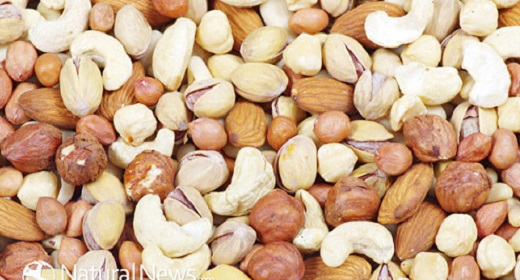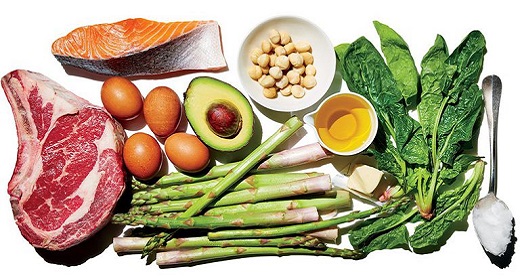Not everyone is a meat eater, but everyone needs protein…
Every single cell in the body contains protein and the body needs the macronutrient to repair and replenish all cells. Hair, skin, muscles, and nails are all made of this necessary component. It is a source the body needs for blood health and for its role with hormones. Generally, an adult needs 10-35% of their total calories from protein. Therefore if we need it and you don’t eat meat which is the most common source of protein, how can you obtain this nutrient?? The following is a list of 15 protein alternative to meat:
- Nuts – These have between 5-6 grams of protein per ounce. Different types include nut butters, walnuts, almonds, cashews, peanuts, and pine nuts.
- Seeds – These include sesame and sunflower which have about 5-6 grams of protein per ounce.
- Tempeh – This source is popular in Thailand and Indonesia. This protein is a soy product that contains 30 grams of protein per cup.
- Lentils – There are about 18 grams of protein per one cup.
- Quinoa and whole grains – These include buckwheat, brown rice, and barley and each have close to 24 grams of protein per 1 cup.
- Kidney beans – 1 cup has 15 grams of protein.
- Garbanzo beans/Chickpeas – 1 cup has 12 grams of protein.
- Seitan – This is an imitation meat typically made from soy, but only has about 3 grams of protein per 3oz.
- Broccoli – 1 cup has about 5 grams of protein.
- Edamame – 1 cup has about 17 grams of protein.
- Milk – 1 cup of non-fat milk has 8.26 grams of protein.
- Yogurt – This dairy form, especially Greek yogurt, can have close to 20 grams of protein per serving.
- Eggs – One egg has about 6 grams of protein.
- Tofu- This is a soy product; one block has about 10 grams of protein.
- Shakes and bars – These products are found in most health food stores containing anywhere from 12 to 20 or more grams of protein. Types include whey, casein, and other milk protein derivatives.
When selecting any of the above options, always consider the other factors: carbohydrates and fats. For example, the one cup of quinoa has 110 grams of carbohydrates. Nuts and seeds are high in fat. Read all nutrition labels to be well informed. There are pros and cons to all these alternatives, just as there are positives and negatives when it comes to eating certain types of meat. Your body will thank you for fueling its tank properly with protein and giving your cells the opportunity to be healthy.
















































